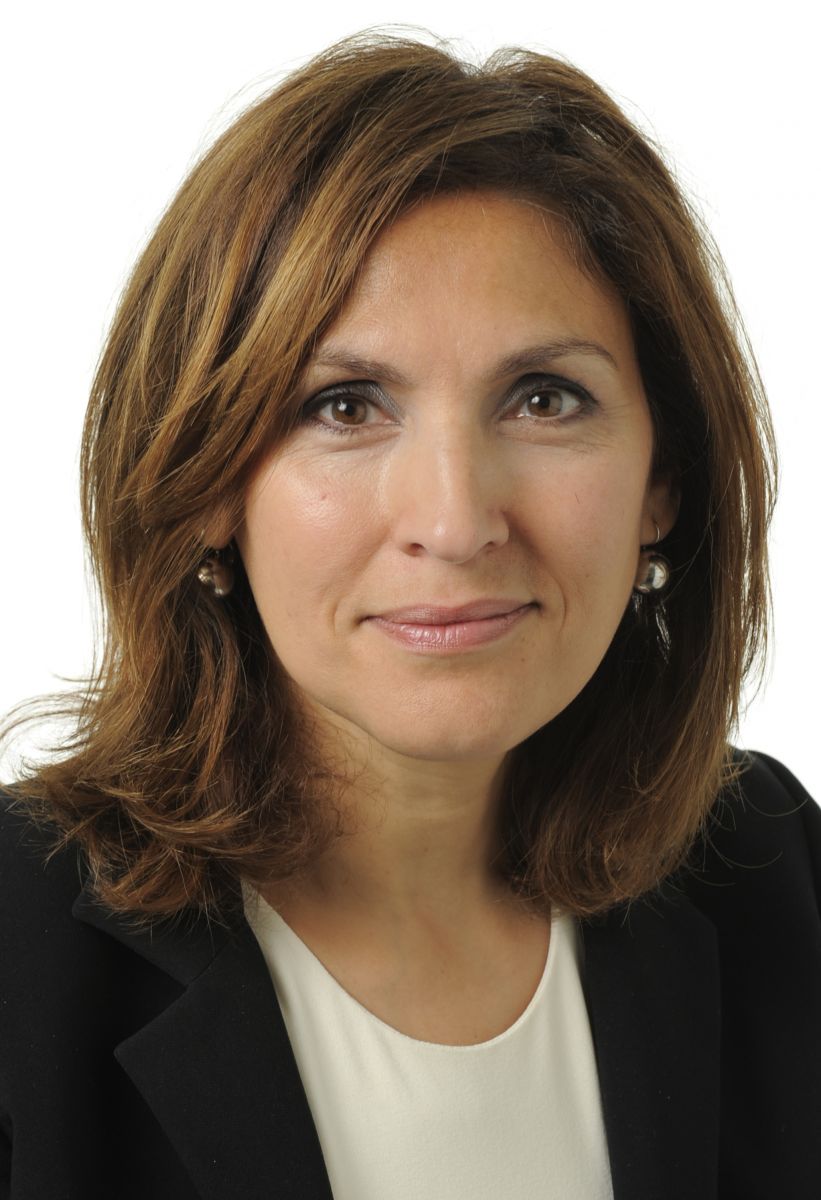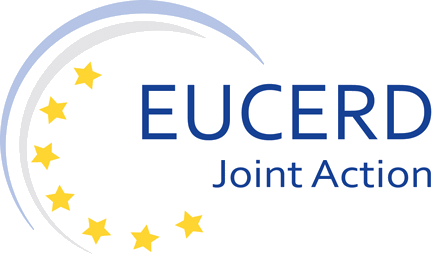EAHP EU Monitor 07 August 2013
The EAHP EU Monitor is a weekly round up of news relevant to hospital pharmacy in Europe.

You can subscribe to the EAHP EU Monitor here.
Registration opens for 19th Congress of EAHP in Barcelona, March 2014
 EAHP is delighted to announce that registration is now open for its 19th Congress which takes as its focus the subject of innovation..
EAHP is delighted to announce that registration is now open for its 19th Congress which takes as its focus the subject of innovation..Keynote speakers throughout the three day Congress, to be held in Barcelona from Wednesday 26th March to Friday 28th March 2014, will investigate models of innovation, as well as central factors and elements of the innovation process. The Congress is designed to give attendees new insights into how to find and implement innovative solutions in a resource-constrained environment. A key message of the Congress is that innovation can still progress in an era of shortage: through imagination, skills and organisation.
European Parliament’s Internal Market Committee publishes opinion report on device regulation
 The opinion report of the European Parliament’s Internal Market Committee (IMCO) on proposed changes to cross-border medical device regulations has supported the general principle of EU-level assessment procedures for high risk devices.
The opinion report of the European Parliament’s Internal Market Committee (IMCO) on proposed changes to cross-border medical device regulations has supported the general principle of EU-level assessment procedures for high risk devices.
Explaining her support, lead IMCO rapporteur Nora Berra MEP (European Peoples Party, France) stated: “If we are serious about strengthening the mechanisms governing the placing of medical devices on the market, it is essential that a given type of device should be required to undergo the same assessments, based on the same requirements, anywhere in the Union. This is difficult at present, however, given that there are few if any common assessment methods (guidelines) which manufacturers and notified bodies can employ... Your rapporteur thus endorses the principle of clinical assessment at EU level for high-risk devices which are not covered by common guidelines.”
However there remains a difference of opinion between the European Parliament’s IMCO Committee and Health Committee (ENVI) as to how such centralised assessment might occur. The ENVI committee favours assessment by a special Committee of the European Medicines Agency, whilst Ms Berra proposes remit be given to a proposed “medical device coordination group” overseen by the European Commission.
As currently constituted, medical device assessment for market is conducted by national bodies, with approval by one body conferring a European-wide ‘CE’ mark, which should be recognised by all Member states. This has led to concerns that not all national bodies apply the same rigour in assessment procedures and it is possible for such regulatory gaps to enable unsafe products coming to markets.
The issue of medical device regulation has been a subject of public focus as a result of the high profile PIP-breast implant scandal in France and the European Commission published proposals for improving assessment, authorisation and traceability systems in September 2012. The European Parliament’s Health Committee (ENVI) has the main responsibility for scrutinising the proposals and, led by Dagmar Roth-Behrendt MEP (Socialist, Germany), has taken a strong line in favour of introducing European level assessment procedures for high risk devices. The issue is currently in dispute between the European Commission, national Governments and the European Parliament and threatens to delay passage of the legislative proposals.
Ms Berra’s IMCO opinion report also importantly calls for proposed new Unique Device Identification (UDI) systems for the device sector, to be “be compatible with the other authentication systems” in health environments, such as medicines authentication systems. This was a key request of the European Association of Hospital Pharmacists.
Ms Berra also calls for:
- measures to ensure the rigour of device manufacturer inspection regimes are harmonised across Europe;
- clarity that a ‘single use device’ can only be defined as such if tests have demonstrated it to be impossible to reuse;
- multiple use devices “be provided with information on the appropriate processes to allow reuse, including cleaning, disinfection, packaging and, where appropriate, the method of sterilization of the device to be re-sterilized, and any restriction on the number of reuses”;
- clinical evaluation of devices include assessment of clinical benefit;
- tightened requirements on manufacturers in respect of liability insurance;
- periodic safety reporting for manufacturers of high risk device; and,
- greater clarity on transparency requirements in relation to safety reports.
IMCO Opinion report here.
European Commission looks to recruit new expert group on rare diseases
The European Commission has announced that it will shortly be seeking health professional representation for a renewed expert advisory committee on rare disease.
A 2007 Commission White Paper ‘Together for Health: A strategic approach for the EU 2008-2013’ identified rare diseases as a priority area for EU action, with an accompanying aim to improve member state cooperation on the issue. A 51 member Expert Committee (EUCERD) was then formed to inform and advise the Commission in this area of policy. The term of this initial committee has now expired and the Commission has now announced its intention to recruit a new Committee of experts. “Representatives from associations of European health professionals and medical societies” are explicitly sought.
The tasks of the expert committee include:
- drawing up guidelines and recommendations;
- suggesting improvements to current measures targeted at rare diseases; and,
- fostering exchange of relevant experience, policies and practices between member states
The Commission has announced its intention to renew the Committee and will issue a formal call for expression of interest in the coming months. A date for the call has not yet been set.
More information about the Commission’s decision to renew the Committee, and its envisaged tasks and roles, here.
Reports of the previous EUCERD Committee are available here.
Amongst EUCERD's recommendations so far have been for the need for:
- improved patient registries and data collection to support research; and,
- post-marketing surveillance of orphan medicinal products and medicines used off-label.
EUCERD has also called for EU member states to develop and adopt - ideally by the end of this year - national strategies to improve the handling of rare diseases.
 EJHP: Call for papers on paediatrics (and neonates)
EJHP: Call for papers on paediatrics (and neonates)
The European Journal of Hospital Pharmacy, the official journal of EAHP, is planning a special issue on pharmacy services to paediatrics (and neonates), to be published in 2014, and is currently seeking papers on the topic from around mainland Europe.
If you are able to contribute please contact the guest editor, Sharon Conroy whose email is Sharon.Conroy[at]nottingham.ac[dot]uk.




